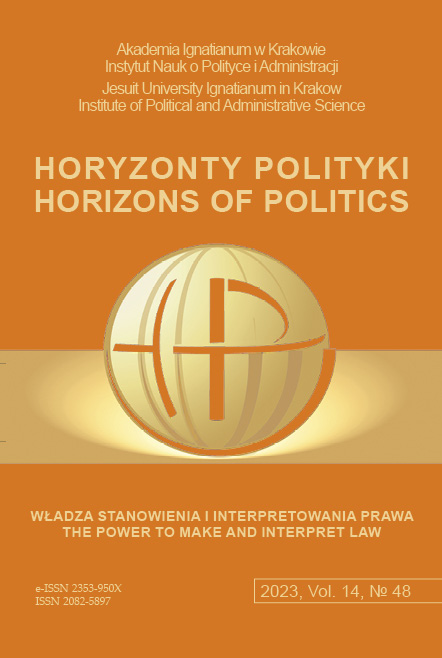Comparative Advantage and the Knowledge-Based Economy. Experiences from Polish-Chinese trade
Comparative Advantage and the Knowledge-Based Economy. Experiences from Polish-Chinese trade
Author(s): Dominika Choroś-MrozowskaSubject(s): National Economy, Supranational / Global Economy, International relations/trade
Published by: Uniwersytet Ignatianum w Krakowie
Keywords: comparative advantage; knowledge-based economy; exports; imports; high-tech goods;
Summary/Abstract: The classical model of comparative advantage, although not able to explain all of the complexities of contemporary trade relations, has been the subject of numerous empirical studies for many years. Economists are looking for an answer to the question of the extent to which it is useful in explaining trade flows in the global economy. Over the years, it has been developed and reinterpreted, and contemporary literature devotes a lot of attention to, among others, shaping and understanding comparative advantage in the knowledge-based economy. Countries, which invest in R&D and support the creation of new technologies and innovations, can develop a comparative advantage in knowledge-based sectors, such as advanced technologies, IT, biotechnologies or IT services. Research developing the theory of comparative advantage therefore supports and complements not only the classical model, but also other analyses focusing on alternative theories of foreign trade.This article analyses trade between Poland and the PRC. Economic cooperation with China may be crucial in the context of Poland's strong dependence on its main, and at the same time geographically close, trade partner, which is Germany. However, competition based on advantages resulting mainly from location is not always optimal. In this context, it is important to empirically verify the potential of Polish exports and imports in trade with China by determining the mutual comparative advantages of individual sectors and their changes over time. Due to the importance of this area of specialization, these studies were conducted with particular emphasis on high-tech industries. The share of high-tech goods in foreign trade, and especially in exports, is an important criterion determining a state's technological potential. Developing a comparative advantage in these types of sectors contributes to the creation of an innovative and competitive society based on knowledge and skills.
Journal: Horyzonty Polityki
- Issue Year: 14/2023
- Issue No: 48
- Page Range: 237-256
- Page Count: 20
- Language: English

